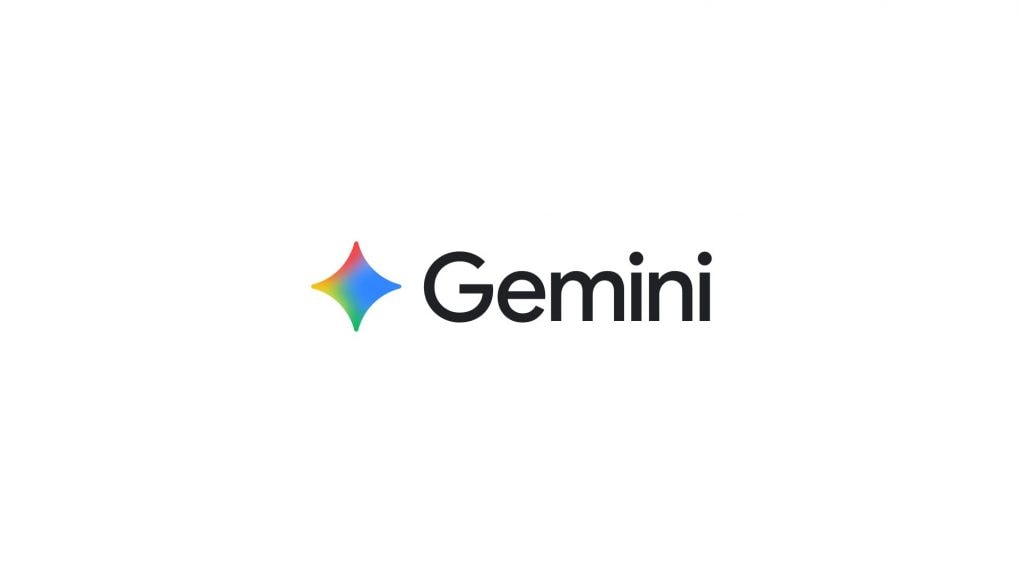Digital
Why OpenAI is hiring 100 ex-bankers: Inside the ChatGPT-maker's secret project to automate Wall Street's grunt work

In a milestone moment for artificial intelligence, Google DeepMind and OpenAI have both secured gold-medal performances at the world’s most prestigious programming contests, often dubbed the “Olympics of coding.”
At the 2025 International Collegiate Programming Contest (ICPC) World Finals in Baku, Azerbaijan, Google’s Gemini 2.5 Deep Think model achieved gold after solving 10 out of 12 algorithmic challenges—including an optimisation problem that no human team managed to crack. The contest brings together the world’s top university programmers, competing under a five-hour deadline. Despite starting ten minutes after human teams, Gemini rapidly surged ahead, underscoring the accelerating edge of AI in high-pressure coding tasks.
Meanwhile, in August 2025, an OpenAI system captured gold at the International Olympiad in Informatics (IOI), the leading programming competition for secondary school students worldwide. The AI matched elite human participants by successfully solving all 12 IOI problems—a dramatic step forward after falling just short in previous years.
The victories mark a series of breakthroughs for AI models in competitive reasoning and problem-solving. Just weeks earlier, in July 2025, DeepMind’s Gemini architecture also struck gold at the International Mathematical Olympiad (IMO), solving five out of six advanced mathematics problems at a level comparable to the best human contestants.
Taken together, the achievements highlight how quickly generative AI systems are advancing beyond traditional benchmarks, not only equalling but, in some cases, surpassing human experts in disciplines long considered resistant to automation.
From purpose-driven work and narrative-rich brand films to AI-enabled ideas and creator-led collaborations, the awards reflect the full spectrum of modern creativity.
Read MoreIn a wide-ranging interview with Storyboard18, Sorrell delivers his frankest assessment yet of how the deal will redefine creativity, media, and talent across markets.